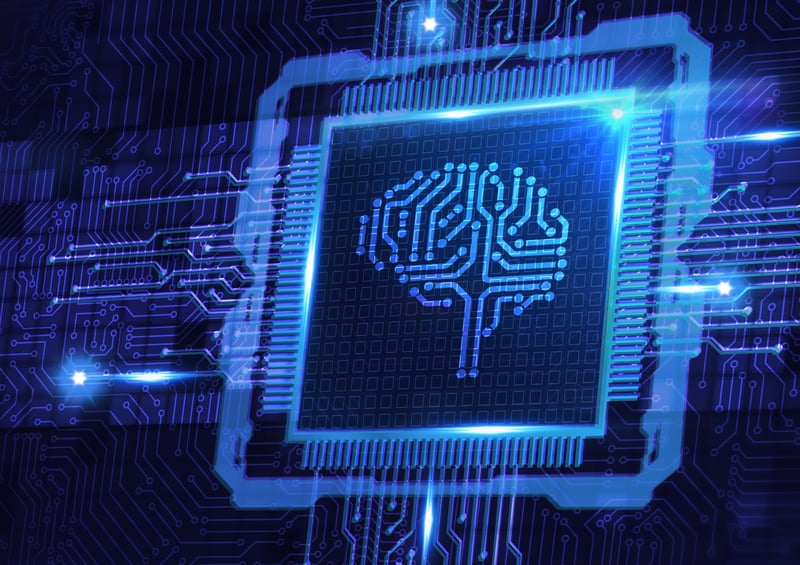Get Healthy!

- Steven Reinberg
- Posted June 13, 2023
Working With AI Might Make for Lonely Workers
A new study finds that people working with artificial intelligence (AI) systems can be lonely, suffer from insomnia and drink more heavily after work.
In the study, published online June 12 in the Journal of Applied Psychology, the researchers noted these findings don't prove that working with AI systems causes loneliness or other responses, just that they are associated.
The research involved four experiments in the United States, Taiwan, Indonesia and Malaysia.
"The rapid advancement in AI systems is sparking a new industrial revolution that is reshaping the workplace with many benefits but also some uncharted dangers, including potentially damaging mental and physical impacts for employees," said lead researcher Pok Man Tang, an assistant professor of management at the University of Georgia.
"Humans are social animals, and isolating work with AI systems may have damaging spillover effects into employees' personal lives," he said in a journal news release.
Working with AI systems can have some benefits, the researchers found. For example, employees who use AI systems are more likely to be helpful to fellow workers, but that may be triggered by loneliness and the need for social contact, Tang's team said.
The researchers also found that those with high levels of attachment anxiety, which is feeling insecure and worried about social connections, reported working with AI systems made them more likely to help others. They also suffered from loneliness and insomnia.
In one experiment, 166 engineers at a Taiwanese biomedical company working with AI systems were asked about their feelings of loneliness, attachment anxiety and sense of belonging. Those who worked more often with AI systems were more likely to experience loneliness, insomnia and increased after-work alcohol consumption, but also showed helping behaviors toward fellow workers.
In another experiment with 126 real estate consultants in Indonesia, half were told not to use AI systems for three days while the others were told to work with AI systems as much as possible. The findings for people who worked with AI were similar to the first experiment, except there was no association between the frequency of AI use and after-work drinking.
Similar findings were seen from an online experiment with 214 workers in the United States and 294 employees at a Malaysian tech company.
Tang said that developers of AI should consider equipping AI systems with social features, such as a human voice, to emulate human-like interactions. Employers also could limit the frequency of work with AI systems and offer opportunities for employees to socialize.
"Mindfulness programs and other positive interventions also might help relieve loneliness," Tang said. "AI will keep expanding, so we need to act now to lessen the potentially damaging effects for people who work with these systems."
More information
There's more at the American Psychological Association for mental health at work.
SOURCE: Journal of Applied Psychology, news release, June 12, 2023






